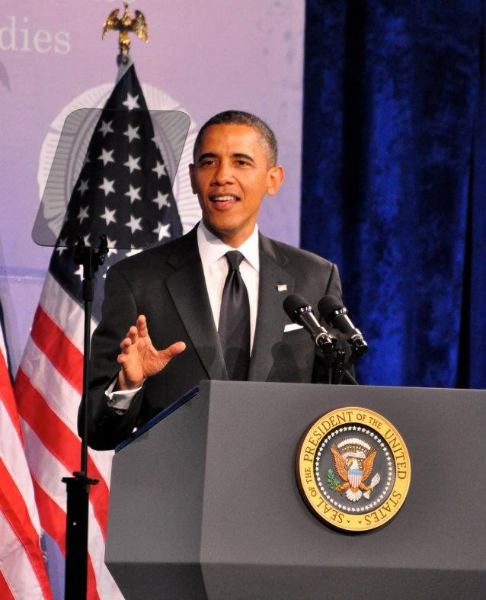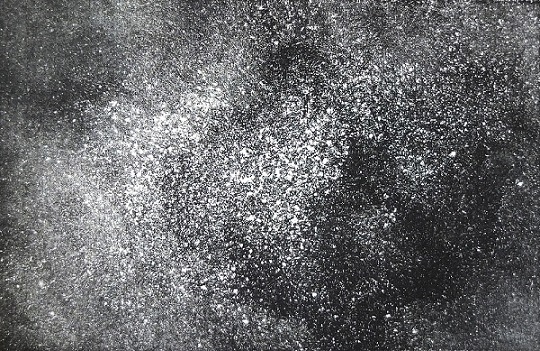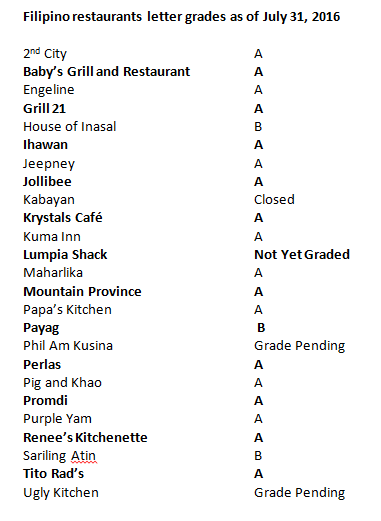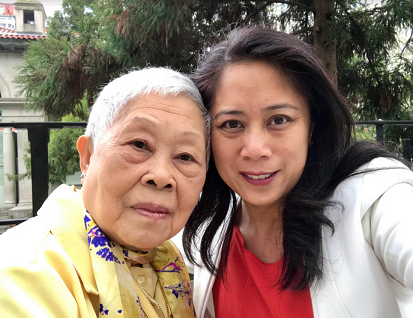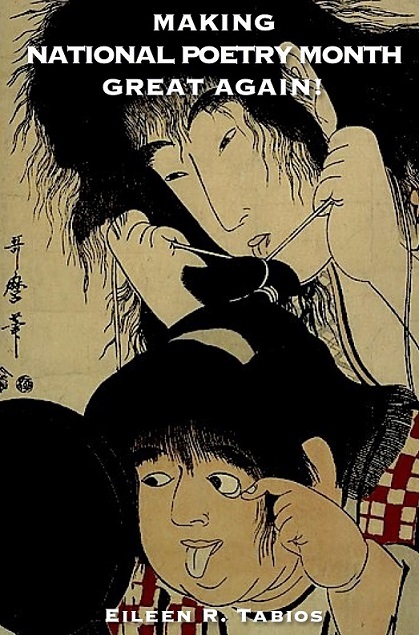A poem a day in April: Powerful messages to the world
By Neil LeadbeaterApril is National Poetry Month in the United States.
Started by the Academy of American Poets in 1996, it is the largest literary celebration in the world that marks poetry’s important place in American culture and society. Its goals are to highlight the extraordinary legacy and on-going achievement of American poets, to encourage the reading of poems, to assist teachers in bringing poetry into the classroom and to foster support for poets and poetry in general.
Here in the United Kingdom we have National Poetry Day which takes place during the month of September or October. Our National Poetry Day was started in 1994 by the charity Forward Arts Foundation. Our aims are similar to those in America but they are realised on a much smaller scale.
In common with many other poets, Eileen R. Tabios made a conscious decision to celebrate National Poetry Month by writing a poem a day. All the poems in this collection have been written as a tribute to the late John Ashbery by referencing his poem “Self-Portrait in a Convex Mirror”—this means that for all of the poems, the first or first and (parts of the) second lines are taken from John Ashbery’s poem. Given the events that unfolded during this time period, some of the poems came to form a biography of the 45th President of the United States. In this context, the title of the collection contains within it an echo of one of the President’s catch-phrases during his election campaign— “making America great again.”
The six poems contained in this chapbook offer up some powerful messages with regard to our broken world: how can we put into words the tragic loss of life that is being played out on such an horrific scale in Syria or, for that matter, in any country where there is war-torn conflict on the other side of the world? In “Witnessed in the Convex Mirror: Trumping Syria” distance makes us distant. In “Witnessed in the Convex Mirror: Atonal” the rewards of hard work become a reality check. Our selfish quest for the pursuit of pleasure is in the end much ado about nothing. We always have to go that extra mile…and all for the hope of wealth. We look in the mirror and see how much we have aged. This is not music to our ears.
Environmental concerns are raised in the entry for April 10 and again in the entry for April 27. In “Witnessed in the Convex Mirror: Marhaba Shayrat,” which references the Shayrat missile strike executed at the behest of President Donald Trump as a direct response to the Khan Shaykhun chemical attack that occurred on 4 April 2017, Tabios writes
….the fish are drowning
from a word whose articulation surfaces
its scent: diesel. A fish gasps despite its
gills fashioned from a rainbow’s drop
-pings,…
and in “Witnessed in the Convex Mirror: False Meteors” the issue of plastic contaminating our oceans and every living thing that moves in its waters comes to the surface:
…..Dede Surinaya
surfed a coast of Java and the wall his would-be ecstatic
fingers touched arose from sunlit turquoise
water, yes, but also fragmented Pepsi bottles
Garuda peanut bags, and old red “On” buttons
for releasing nuclear bombs.
In the political arena, Tabios references The Grasshopper Games, Life and Utopia by Bernard Suits in “Witnessed in the Convex Mirror: Military Philosophy” to make the point that, in Suits’ words, “playing a game is a voluntary attempt to overcome unnecessary obstacles” and here the game is all about confusion and loyalty. In another poem, “Witnessed in the Convex Mirror: FATTED,” veiled and overt references to the 45th President of the United States come into play:
…………Evening brings your
whine: “Papa, I want this and I want it now!”
What a throwback you are with your
coiffed blonde and thickened hair.
All the titles of these poems begin with the word “witnessed”—they suggest a kind of helpless passivity that we all feel about events that are seemingly out of our control. They also contain the words “convex mirror” which implies that we begin to see the wider consequences of our selfish actions, not just on ourselves but also on others as we look into the diverging mirror.
The cover illustration also tells us something about mirrors. It is one of several scenes created by the Japanese artist Utamaro featuring a mother (Yamauba) and her adopted son (Kintarō) who grew up to be a legendary hero. Looking in the mirror, he imitates his mother’s expression and mocks her tenderness towards him.
This is a powerful collection that says a great deal in a small space about the times in which all of us, not just Americans, are living now.
Neil Leadbeater is an author, editor, essayist, poet and critic living in Edinburgh, Scotland. His short stories, articles and poems have been published widely in anthologies and journals both at home and abroad. His books include Hoarding Conkers at Hailes Abbey (Littoral Press, 2010); Librettos for the Black Madonna (White Adder Press, 2011); The Worcester Fragments (Original Plus, 2013); The Loveliest Vein of Our Lives (Poetry Space, 2014); and Finding the River Horse (Littoral Press, 2017). His work has been translated into Dutch, Romanian, Spanish and Swedish.

